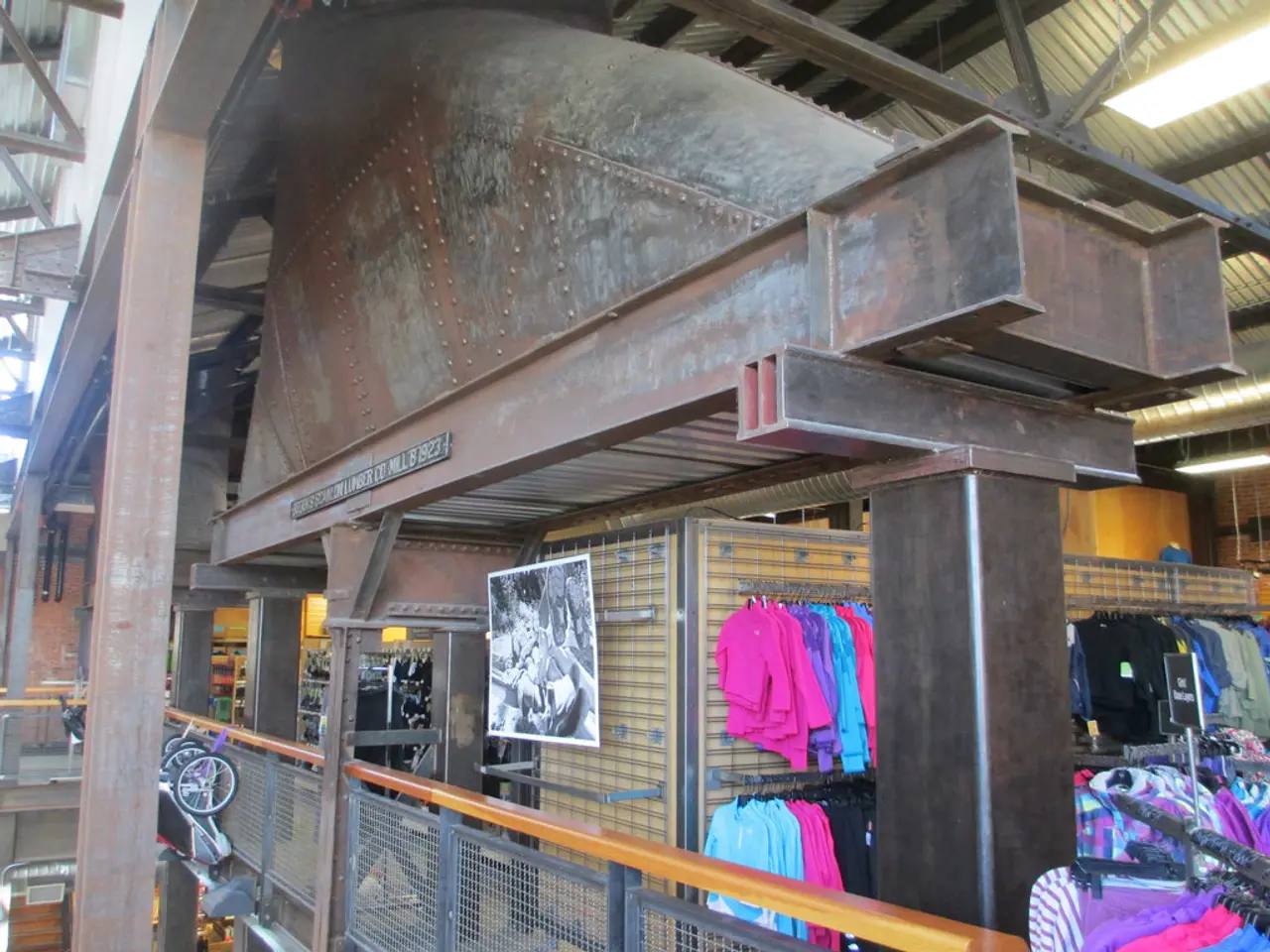Alert on Santacruz Silver over Severe Human Rights Abuses at Bolivia Mine Prior to Annual General Meeting
In the heart of Bolivia, the Bolivar Mine, operated by Canadian company Santacruz Silver, has been a source of controversy and concern for local communities and human rights advocates. The main human rights concerns revolve around water contamination, safety risks, violation of Free, Prior and Informed Consent (FPIC), and compliance with legal frameworks, particularly affecting indigenous and local communities.
- Water contamination and environmental impact: Indigenous communities near the mining operations, including the Ayllu Acre Antequera, have reported significant depletion and contamination of water sources due to mining waste and activities. This contamination affects traditional agriculture and food security, with communities observing a decrease in water availability and pollution of food by mining residues[1].
- Safety concerns: Mining areas like Northern Potosí, where the Bolivar Mine is situated, have experienced high occupational mortality rates and unsafe working conditions. The absence of serious government policies to improve miners’ working conditions underlines ongoing safety risks[2].
- Free, Prior and Informed Consent (FPIC): The local indigenous communities emphasize that mining operations lack their FPIC, a right protected under international human rights frameworks and Bolivia’s own legal standards. Mining has proceeded without meaningful consultation or consent from affected ayllus (traditional social territories), infringing on their collective rights and cultural heritage[1][2]. The criminalization and stigmatization of these communities further undermine their ability to exercise FPIC effectively.
- Legal and institutional compliance: Bolivia’s mining sector, especially cooperatives controlling much of the Bolivar Mine area, operates in a loosely regulated environment. Many mining operations proceed without proper environmental licenses or oversight, violating both national environmental laws and international standards. State responses to violence against protesters and environmental defenders have been inadequate, with judicial institutions often failing to provide protection or justice, drawing calls for international human rights interventions[1][3].
Communities and human rights advocates have made several demands, including:
- Halt and remediation of water contamination caused by mining waste.
- Improvements in miner safety and occupational health measures.
- Guaranteed rights to FPIC, ensuring indigenous peoples’ consent before mining projects begin.
- Compliance with Bolivia’s national laws and international human rights obligations.
- Protection of environmental defenders and investigation into violence against them.
- Stronger governmental oversight and enforcement against illegal mining and mafia networks enabling impunity[1][2][3].
The communities near the Bolivar Mine are demanded a clean and healthy environment, free from the threat of violence and intimidation. Santacruz Silver is demanded to guarantee the protection and safety of nearby communities and human rights defenders. The contamination has impacted crop yields and livestock herds, causing some community members to move away due to economic and health concerns. The Bolivar Mine is located on the ancestral territory of the Ayllu Acre Antequera, a communal land they govern. The company is asked to present a plan to clean the Antequera River and prevent future spills of contaminants from the mine into the watershed, including providing potable water until heavy metal levels meet legal limits.
References:
[1] Amnesty International (2022). Bolivia: Indigenous Peoples Under Threat from Mining Activities. [2] Human Rights Watch (2023). Bolivia: Mining Operations Endanger Communities. [3] United Nations Development Programme (2024). Human Rights and Extractive Industries in Bolivia: A Case Study on the Bolivar Mine.
- Local communities have observed a decrease in water availability and pollution of food by mining residues due to the Bolivar Mine's operations, impacting traditional agriculture and food security [1].
- Mining areas, such as Northern Potosí, have experienced high mortality rates and unsafe working conditions, highlighting ongoing safety risks for miners [2].
- Indigenous and local communities argue that mining operations, including the Bolivar Mine, have proceeded without their Free, Prior and Informed Consent (FPIC), which is a growing concern [1][2].
- Many mining operations in Bolivia, including the Bolivar Mine, proceed without proper environmental licenses or oversight, violating national environmental laws and international standards [1][3].
- State responses to violence against protesters and environmental defenders have been inadequate, leading to calls for international human rights interventions [1][3].
- Demands have been made for the Bolivar Mine to halt and remediate water contamination, improve miner safety, ensure FPIC, comply with Bolivian laws, protect environmental defenders, provide stronger governmental oversight, and prevent future spills of contaminants into the watershed [1][2][3].
- Community members have been forced to move away due to economic and health concerns resulting from the contamination caused by the Bolivar Mine [4].
- The Ayllu Acre Antequera, the ancestral territory of the affected community, is governed by them, yet the company has yet to present a plan to clean the Antequera River and prevent future contaminant spills [4].
- The contamination has not only affected the health and wellness of the communities but also the general news landscape, with various organizations publishing reports on human rights violations and environmental concerns related to the Bolivar Mine [1][2][3][4].




